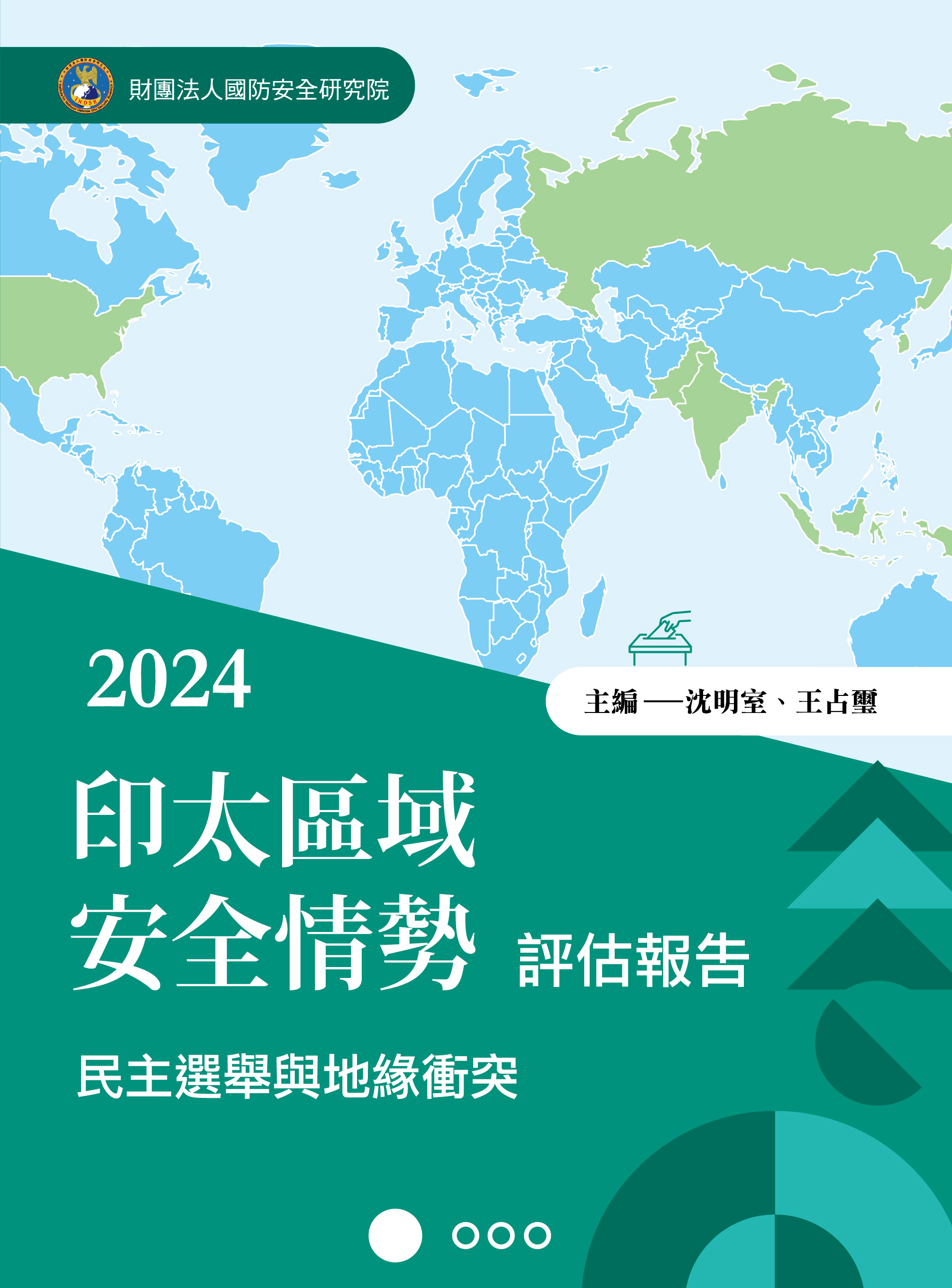Abstract
South Korea’s 22nd National Assembly election has ended. However, the parliamentary election resulted in a huge defeat for South Korea’s ruling party, the “People Power Party”, with the opposition party “the Democratic Party of Korea” winning nearly two-thirds of the seats. However, since South Korea has a presidential system and the president’s term of office is guaranteed, it is likely that South Korea's current geostrategy will remain unchanged.
On the other hand, North Korea officially declared "hostile state-to-state relations" between North and South Korea in 2024. Substantially changing the long-term swing between China and Russia, the elevation of North Korea-Russia relations to a strategic partnership may lead to South Korea, the United States and Japan to further strengthen their security cooperation relationship. As this is not in line with North Korea's long-term interests, we still need to continue to pay attention to the subsequent development of North Korea-China relations.
This paper attempts to take the April 2024 South Korean parliamentary election as a time point to explore the geostrategic changes in North and South Korea and the future situation of the Korean Peninsula. This article also analyzes the future situation on the Korean Peninsula. Finally, in the conclusion, relevant suggestions are put forward for Taiwan's policy towards the Korean Peninsula.


